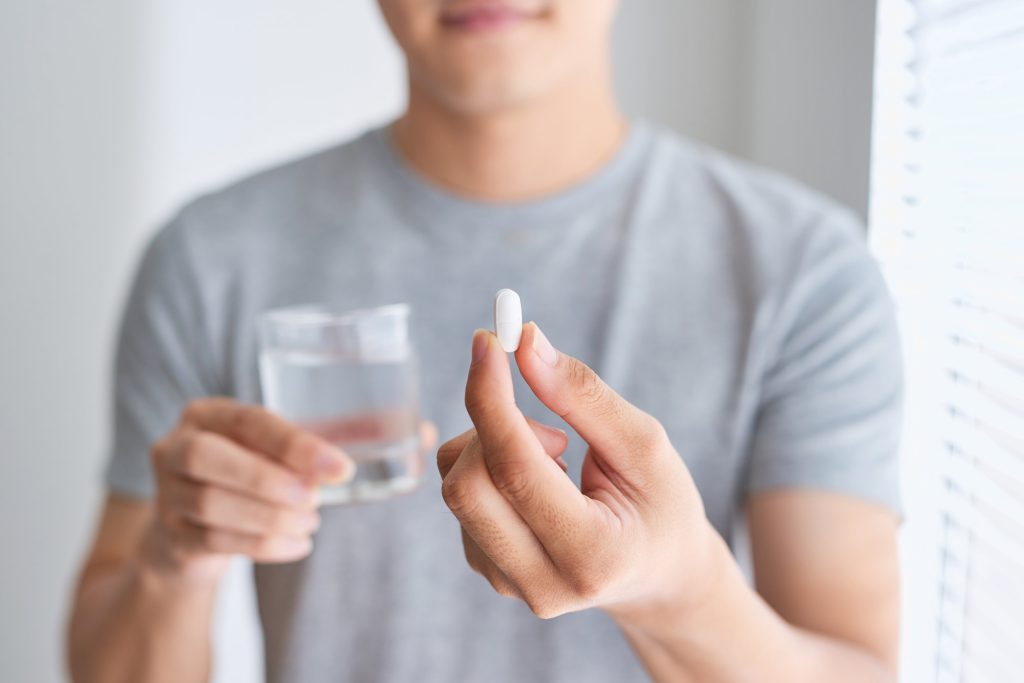In the world of agriculture, pesticides like dimethoate play a crucial role in safeguarding our food supply by combating pesky pests that threaten our crops. However, recent research has unveiled a startling discovery – the very chemicals meant to protect our harvests might be endangering a different kind of life, one much smaller but equally significant: the sperm of male mice.
Dimethoate (DM), a prominent organophosphate insecticide, has long been employed to control a range of pests that wreak havoc on vegetables, fruits, and agricultural crops. While its effectiveness in pest management is undeniable, a new study has sounded the alarm on the potential risks it poses to both human health and the environment.
A group of dedicated scientists, including Samira Musa Sasi, Nagia Musa Alghoul, Nuri Awayn, Ahmed Elghoul, and Ragil Angga Prastiya, embarked on a groundbreaking journey to unravel the mysteries surrounding the impact of DM on male fertility. The study sought to explore the effects of both the recommended dose and a doubled dosage of DM on the sex hormones, sperm morphology, and fertility of adult male mice.
To conduct their investigation, the researchers enlisted the help of Swiss albino adult male mice, dividing them into three distinct groups. The control group received nothing but distilled water, while the other two groups were administered DM orally at varying doses for a period of 20 days. After the treatment period, a sacrifice was made – not in vain, however, as it paved the way for invaluable insights.
The results of this rigorous study were nothing short of eye-opening. It was observed that male mice treated with the doubled dose of DM experienced a decrease in luteinizing hormone levels compared to the control group. While the levels of follicle-stimulating hormone and testosterone did not exhibit significant differences, a more alarming revelation emerged – an evident increase in abnormal sperm morphology, including deformities in the head and tail regions.
Even more concerning was the impact on fertility. The fertility of the male mice dipped significantly, leading to an increase in the number of dead embryos and a decrease in the number of viable, live embryos. These findings underscored the potential dangers lurking within the realm of pesticide exposure.
In light of these discoveries, the study underscores the urgent need for heightened awareness and proactive measures. The detrimental effects of DM on sperm morphology, fertility, and embryo development cannot be ignored. Safeguarding not only our own well-being but also the delicate balance of our environment demands that we take action.
As we continue to harness the power of pesticides to protect our crops, let this groundbreaking research serve as a reminder of the delicate interconnectedness of life. Our duty to preserve the health of our planet extends far beyond our fields and tables – it extends to the very building blocks of life itself. The battle against the silent threat of pesticides has just gained a powerful ally: knowledge.
Author : Samira Musa Sasi, Nagia Musa Alghoul, Nuri Awayn, Ahmed Elghoul and Ragil Angga Prastiya
The complete information about this research can be accessed in the article below:https://www.openveterinaryjournal.com/fulltext/100-1676484745.pdf?1692072308









